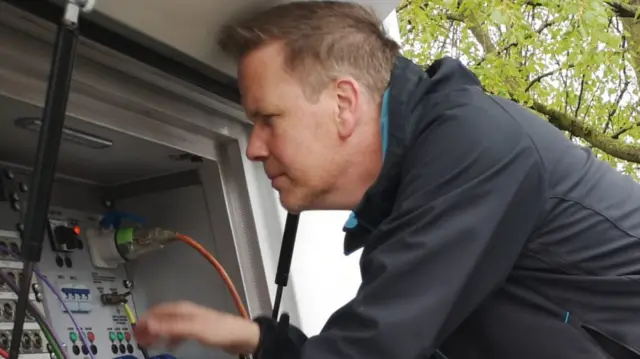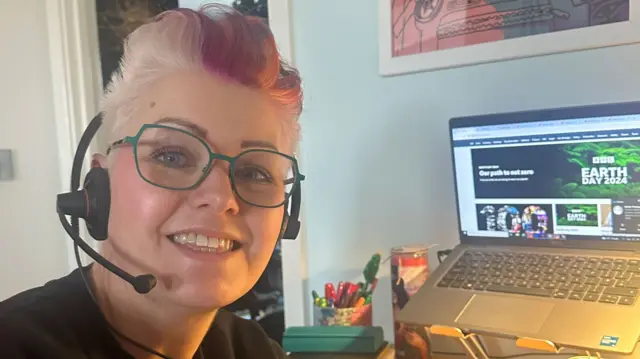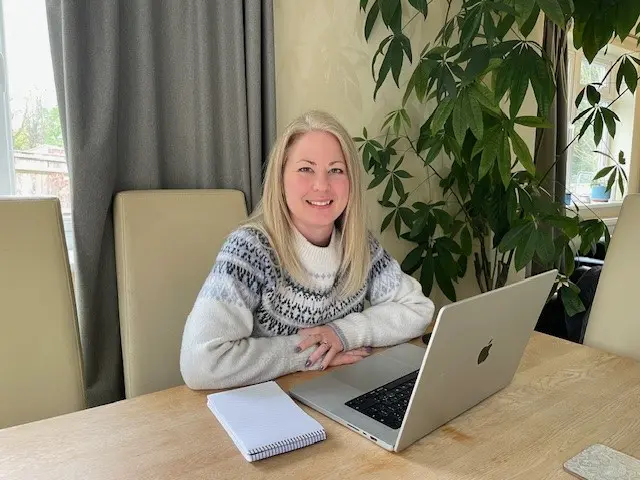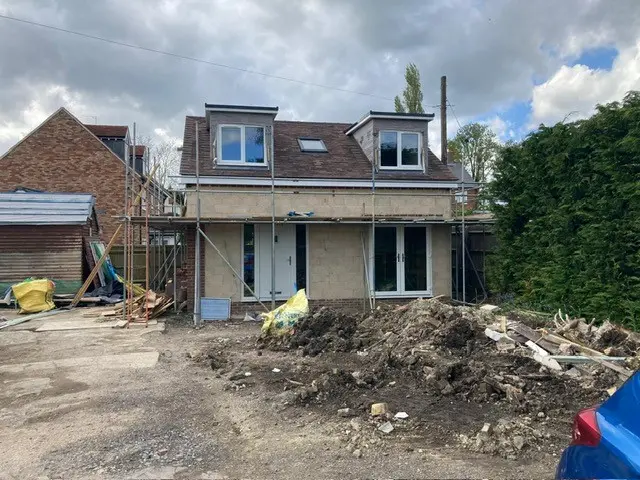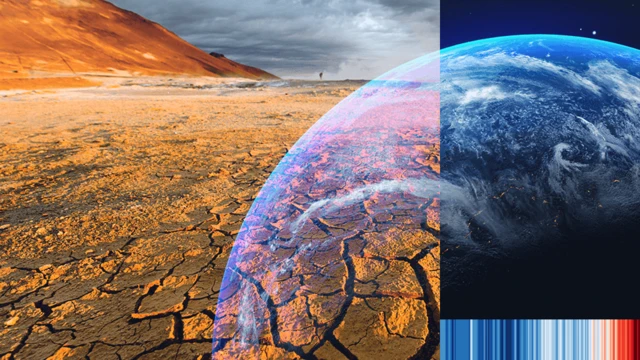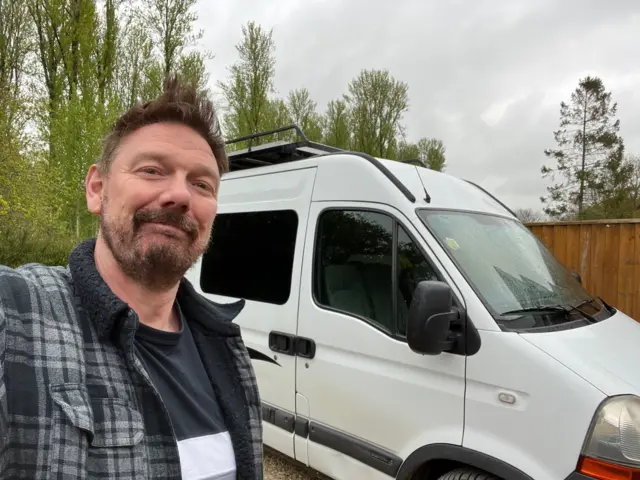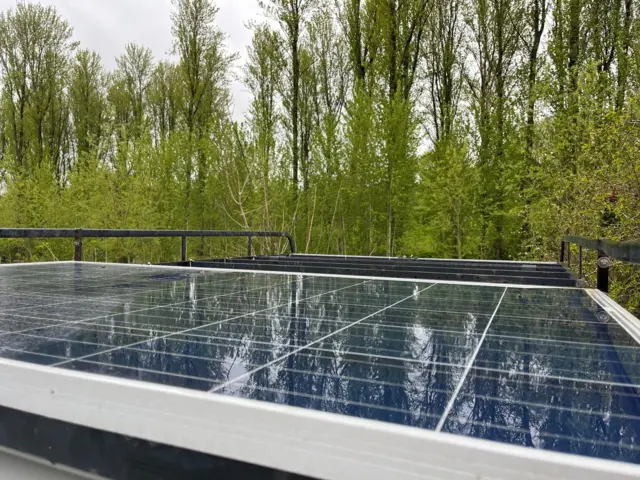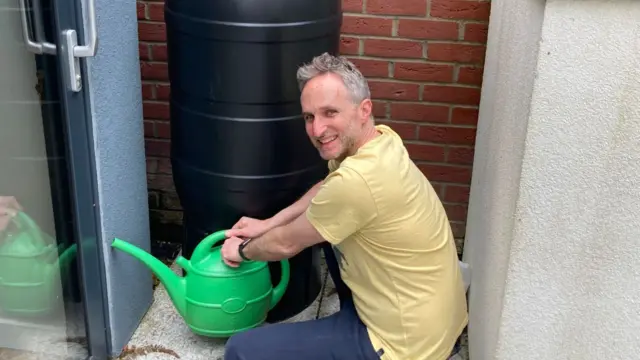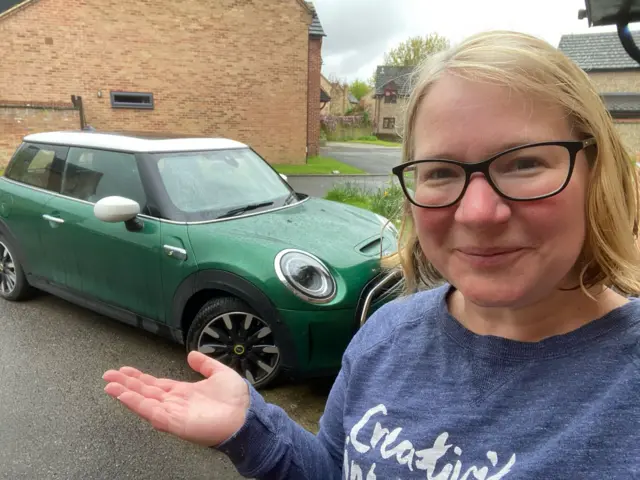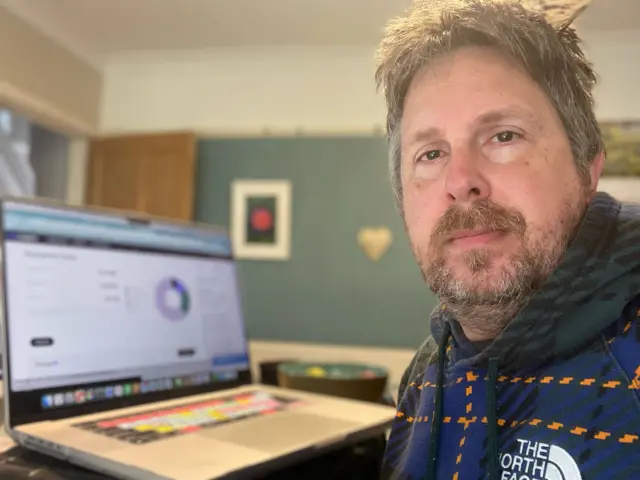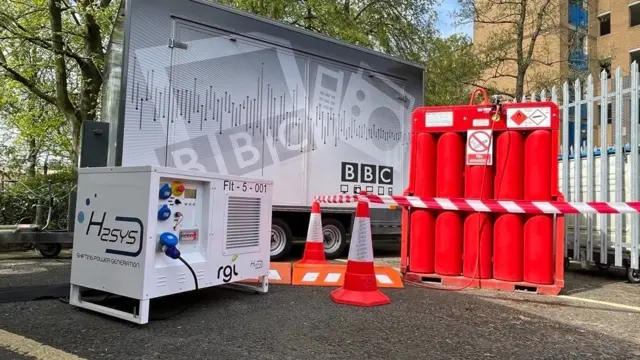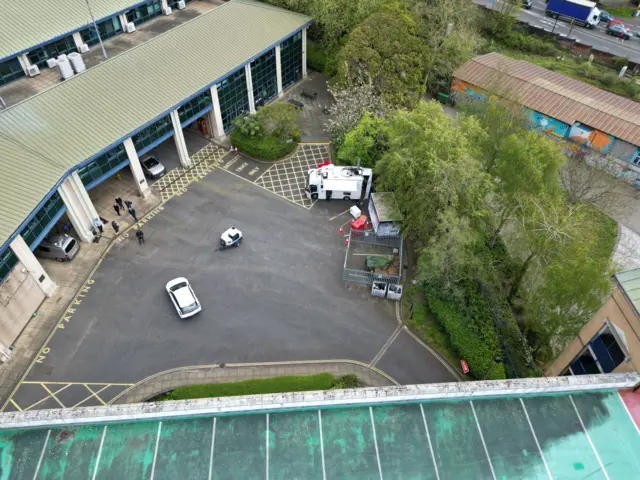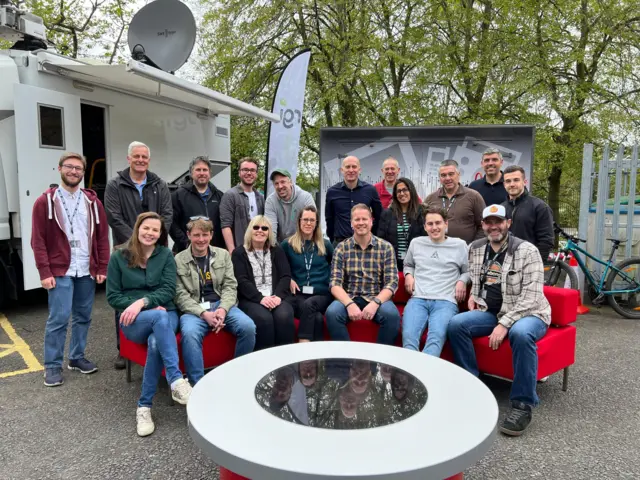Embracing the challengepublished at 17:26 BST 23 April 2024
Poonam Bahal
Assistant editor, BBC South
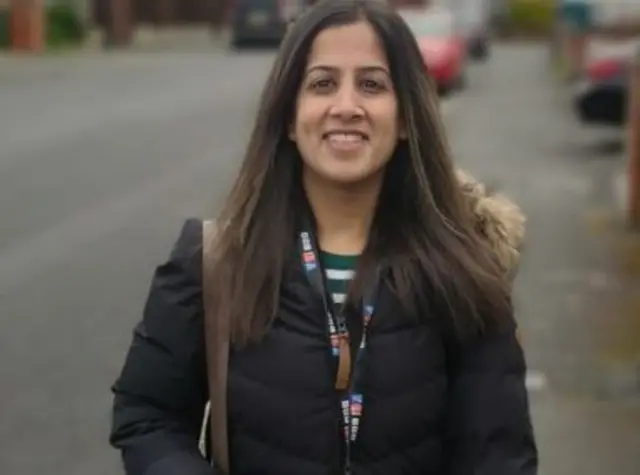
As programme producer, I have overseen all of the coverage for our Earth Week special and it's been a real eye-opener to see just how many aspects of our everyday lives contribute to our carbon footprint.
The team has really embraced the challenge to reduce their carbon use and we have held many meetings to check that we've chosen the most sustainable option when gathering content for our programme.
I was determined to support the team. I walked to work today, I’ve made a vegetarian lunch and I'm wearing my favourite shoes from a local charity shop.
At home, we’ve been focusing on our water by having shorter showers - even the teenager! We walk to school and back and are having three meat-free days this week.
